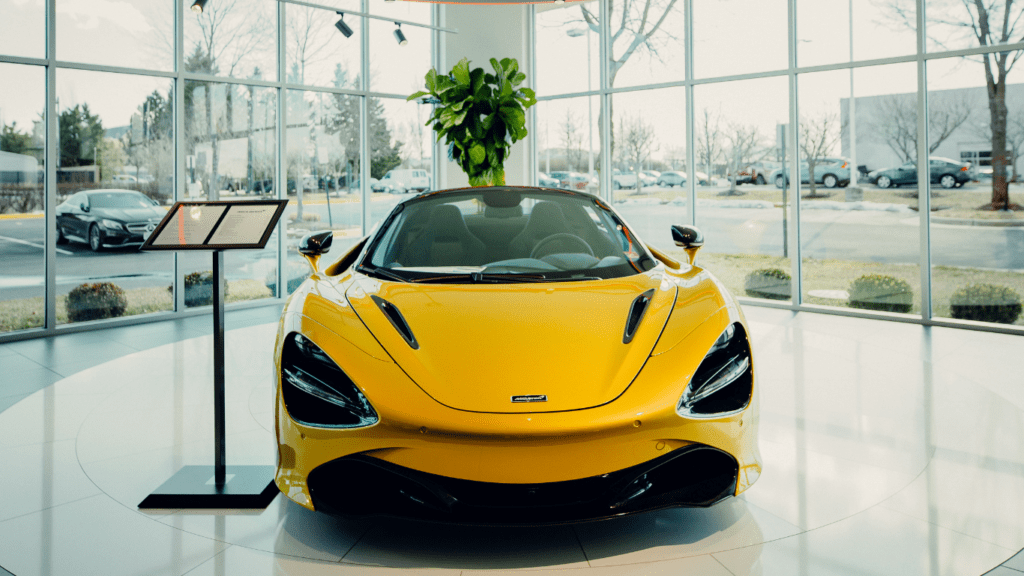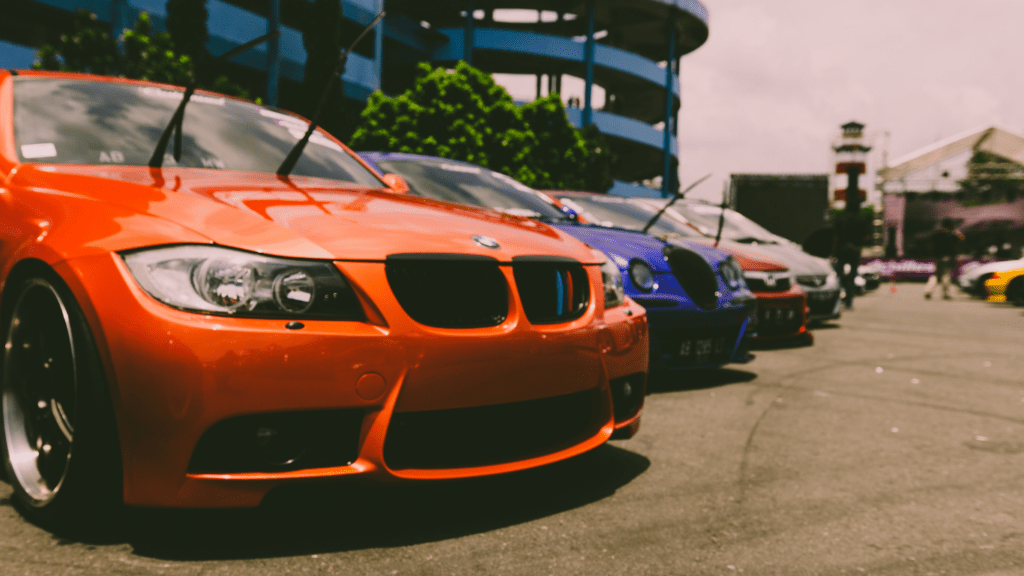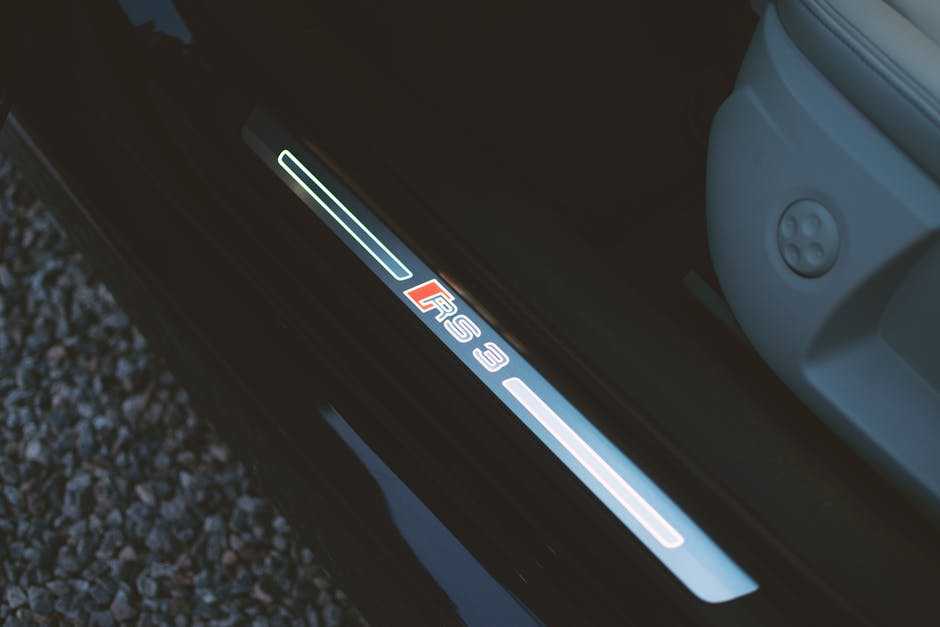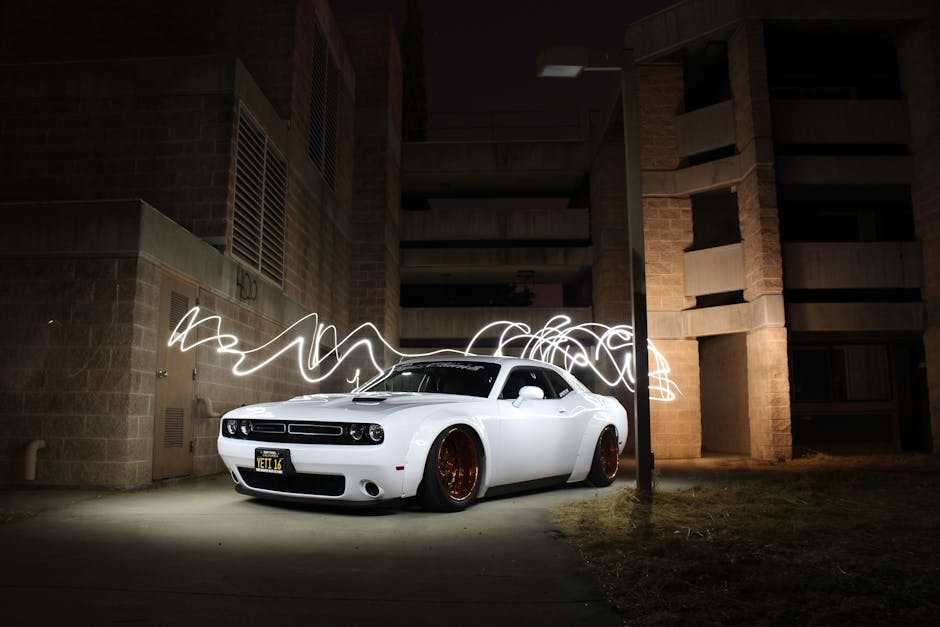Understanding the Luxury Car Market in 2024
Luxury car sales are set to reach impressive levels in 2024, driven by multiple converging factors. The market’s momentum owes significantly to evolving consumer expectations, advances in automotive technology, and a heightened focus on sustainability.
Evolving Consumer Expectations
Consumers are increasingly seeking personalized experiences and premium features. Advanced infotainment systems, superior interior materials, and customizable options make today’s luxury vehicles highly attractive. For instance, brands like Bentley and Rolls-Royce offer bespoke customization programs, allowing buyers to tailor every detail to their tastes.
Advances in Automotive Technology
Technological innovations have transformed luxury vehicles into high-performance, state-of-the-art machines. Electric powertrains, autonomous driving capabilities, and advanced safety features appeal to modern consumers. Companies like Tesla and Mercedes-Benz lead in integrating cutting-edge technology into their models, setting new standards in the luxury segment.
Focus on Sustainability
Sustainability has become a core consideration for luxury car buyers. Brands are investing in eco-friendly materials and manufacturing processes. For example, BMW’s i series and Audi’s e-tron lineup highlight the commitment to reducing carbon footprints while maintaining luxury standards. Consumers prioritize brands that align with their values, driving demand for sustainable luxury vehicles.
Economic Shifts
Economic growth and increasing disposable incomes fuel the luxury car market as well. Markets in China and the US see rising numbers of affluent buyers. Luxurious brands like Lamborghini and Ferrari benefit from this trend as more individuals can afford high-end purchases.
Rise of Digital Showrooms
Digitalization has revolutionized car buying. Virtual showrooms and online configurators enhance the purchasing experience by offering convenience and comprehensive vehicle previews. Brands like Porsche and Cadillac use augmented reality and virtual reality technologies to give potential buyers an immersive experience from the comfort of their homes.
Personalized Buying Experiences
The trend of highly personalized buying experiences extends beyond customization. Exclusive services, such as concierge programs and tailored financing options, cater to affluent clientele’s preferences. Lexus and Aston Martin, for example, offer white-glove delivery services, providing an elevated level of customer care and reinforcing brand loyalty.
By understanding these dynamics, I can see what’s fueling the rapid growth in luxury car sales this year.
Economic Factors Driving Growth
Economic factors significantly influence the luxury car market. Strong global economic trends and rising disposable incomes are key drivers in the surge of luxury vehicle sales in 2024.
Rising Disposable Incomes
Increased disposable incomes boost luxury car sales. Research by the World Bank indicates a steady rise in global income levels, especially in emerging markets like China and India. Individuals with higher incomes seek premium experiences, making luxury cars a desirable option. Premium brands capitalize on this trend by offering exclusive features and customization. For example, Mercedes-Benz and Lamborghini report increased demand in regions experiencing rapid economic growth.
Global Economic Trends
Global economic stability supports luxury car sales growth. Low interest rates and easy access to credit make financing luxury vehicles more feasible. Additionally, strong stock markets provide consumers with greater wealth and confidence to make high-value purchases. Trade policies and international trade deals further enhance market potential. Markets like the US and Europe show heightened demand for brands like Bentley and Rolls-Royce, fueled by economic optimism and increased consumer spending power.
Technological Innovations

Technological advancements play a crucial role in driving luxury car sales in 2024. Innovations in electric vehicles and autonomous driving features are at the forefront of this growth trend.
Advances in Electric Vehicles
- Luxury brands are fiercely competing to dominate the electric vehicle (EV) market. These companies focus on blending high performance, extended range, and premium features in their models.
- Tesla’s Model S and Porsche’s Taycan highlight this trend, with both offering rapid acceleration, long-range capabilities, and advanced interior technology.
- Manufacturers are investing heavily in battery technology to extend driving range and decrease charging time.
- Solid-state batteries, for instance, promise greater energy density and faster charging compared to traditional lithium-ion batteries.
- Luxury brands incorporate state-of-the-art charging infrastructure, such as Audi’s partnership with Electrify America, to ensure a seamless and convenient charging experience for their customers.
Autonomous Driving Features
Autonomous driving technology significantly influences luxury car sales by adding convenience and safety. High-end brands integrate advanced driver-assistance systems (ADAS) to offer semi-automated and fully autonomous driving capabilities. Features like:
- adaptive cruise control
- lane-keeping assistance
- automated parking
are becoming standard in models from Mercedes-Benz and BMW. Furthermore, luxury automakers are developing sophisticated sensors and artificial intelligence (AI) algorithms to enhance autonomous driving. LiDAR (Light Detection and Ranging) technology, used by companies like Volvo and Lexus, provides high-resolution mapping of the vehicle’s surroundings, ensuring precise navigation and obstacle avoidance. These innovations not only enhance vehicle safety but also provide a more relaxed and enjoyable driving experience.
Through these technological innovations, luxury car brands attract discerning customers who seek cutting-edge features and premium performance.
Consumer Preferences
Shifts in consumer preferences significantly impact the luxury car market. These changes influence how brands design and market their vehicles, catering to the nuanced demands of today’s buyers.
Desire for Customization
Luxury car buyers prioritize bespoke customization. Brands offer tailored options, allowing individuals to personalize interiors, exterior finishes, and technological features. Companies like Bentley and Rolls-Royce provide extensive customization programs where customers choose from unique materials, colors, and bespoke details. This trend strengthens brand loyalty as it gives buyers a sense of ownership and exclusivity.
Increasing Focus on Sustainability
Sustainability is now a critical factor in luxury car purchases. Consumers prefer vehicles that align with their environmental values. Brands respond by incorporating sustainable materials and eco-friendly production processes. BMW’s i series and Audi’s e-tron lineup, for example, utilize recycled materials and advanced electric powertrains. By prioritizing sustainability, luxury automakers not only meet regulatory standards but also cater to the growing eco-conscious segment of their clientele.
Marketing and Brand Loyalty
Impact of Digital Marketing
Digital marketing significantly boosts luxury car sales growth, creating targeted campaigns and personalized interactions. Brands use data analytics to develop tailored advertisements, reaching high-net-worth individuals through social media, email campaigns, and retargeting ads. Lamborghini’s Instagram campaigns showcase exclusive behind-the-scenes content, engaging potential buyers directly.
Data-driven strategies enable precise audience segmentation, increasing the likelihood of converting leads into buyers. Additionally, virtual reality (VR) and augmented reality (AR) technologies offer immersive experiences, allowing consumers to explore and customize vehicles online, enhancing their connection with the brand before visiting showrooms.
Effectiveness of Brand Ambassadors
Brand ambassadors play a critical role in enhancing brand loyalty, influencing potential buyers through their endorsements. These ambassadors, often celebrities or industry influencers, project the brand’s image and values, attracting fans and followers.
For example, actor Leonardo DiCaprio’s association with Fisker Automotive underscores the brand’s commitment to sustainability, resonating with eco-conscious consumers. Similarly, tennis star Roger Federer endorses the Mercedes-Benz S-Class, appealing to aspirants of luxury and performance. This association not only bolsters the brand’s image but also builds trust and credibility, driving consumer preference and loyalty toward these high-end vehicles.



 Head of Automotive Insights
Head of Automotive Insights
